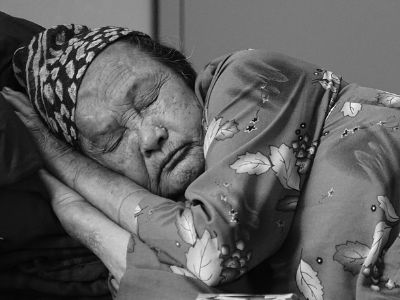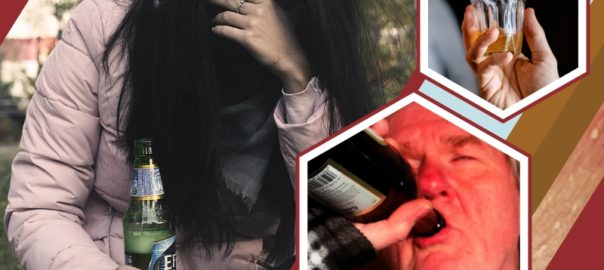Chronic Alcohol Abuse refers to drinking in a way that is not controlled, being preoccupied with alcohol, or continuing to drink despite its negative effects. It is also associated with having to consume more alcohol to achieve the same effect and experiencing withdrawal symptoms when you reduce or stop drinking rapidly. Alcohol abuse can lead to alcoholism.
Alcohol use that risks your health or safety or causes other alcohol-related problems is considered unhealthy. The term also refers to binge drinking, when a male or female has five or more drinks within two hours. Binge drinking causes significant health risks.

Health Risks of Chronic Alcohol Abuse
Too much alcohol can harm you physically and mentally in lots of ways. Health risks may include:
- Liver damage
- Heart disease
- Brain and nervous system problems
- Anemia
- Cancer
- Gout
- Seizures
- Infections
- Digestive problems
- Sleep disturbances
Factors That May Affect Chronic Alcohol Abuse
Many factors influence how drinking alcohol affects your body and behavior, including genetics, psychology, social factors, and the environment. Certain people may be more susceptible to alcohol use disorders due to a different and stronger impact of drinking.
Too much alcohol may alter the normal function of the areas of your brain responsible for pleasure, judgment, and the ability to control your behavior over time. The result may be a craving for alcohol to try to restore good feelings or reduce negative ones.

Diagnosis for Chronic Alcohol Abuse
You are likely to start by seeing your primary health care provider. If your provider suspects that you have a problem with alcohol, you may be referred to a mental health provider. To evaluate your problem with alcohol, your provider will likely:
- Ask you some questions related to your drinking habits
- Perform a physical exam
- Suggest lab tests and imaging tests
- Complete a psychological evaluation
Treatment for Chronic Alcohol Abuse
Treatment for chronic alcohol abuse can vary, depending on your needs. Treatment may involve a short-term intervention, individual or group counseling, an outpatient program, or a residential inpatient stay. Working to stop alcohol use to improve quality of life is the main treatment goal. Treatment for chronic alcohol abuse may include:
- Detox and withdrawal – this generally takes 2 to 7 days. You may need to take sedating medications to prevent withdrawal symptoms.
- Learning new skills and making a treatment plan – this may include goal setting, use of self-help manuals, behavior change techniques, counseling, and follow-up care at a treatment center.
- Psychological counseling – will help you better understand your problem with alcohol and support recovery from the psychological aspects of alcohol use.
- Treatment for psychological problems – chronic alcohol abuse commonly occurs along with other mental health disorders. If you have a certain mental health condition, you may need talk therapy, medications, or other treatment.
- Oral medications – certain medications may help you prevent drinking.
Medications used for chronic alcohol abuse:






